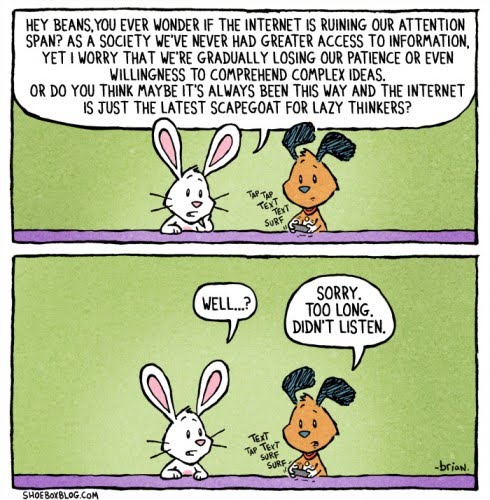Unwritten Post #2: Writing about your experiences of sharing your written work with others. Have you been in a writing group before? Would you deem that experience a success—or not? Under what conditions is sharing your writing with others a positive experience? When has sharing your writing with others proved to be miserable—and what made it so?
I experienced the joy of writing groups several times throughout my college career. I still don’t know if I really enjoy them. Under the constraints of a college class and with only a short span of time in which to read and edit a paper, I never feel like I do it well enough. Of course, there isn’t much choice in the matter. Overall, I’ve come away from writing groups frazzled, but grateful for the help… Provided I don’t feel beaten up by my editors for the hour.
It’s really difficult to accept criticism. But, when it comes to writing groups, it’s all about attitude. When you go into a writing group, it’s best to bring something you know you’ve put time into; it’s best if you bring a good sense of humor about your mistakes; and it’s best if you’re ready to learn. Because if you don’t bring at least the last two, chances are you’re going to have a bad time.
I’ve learned from my writing groups that it’s great when someone affirms your work, but even better when they get invested enough to really pick your writing apart so that you can make it even better. Because that’s the point of the writing groups anyway. If you’re a writer, you would be foolish not to have people checking your craft and helping you hone it into something amazing.








Recent Comments